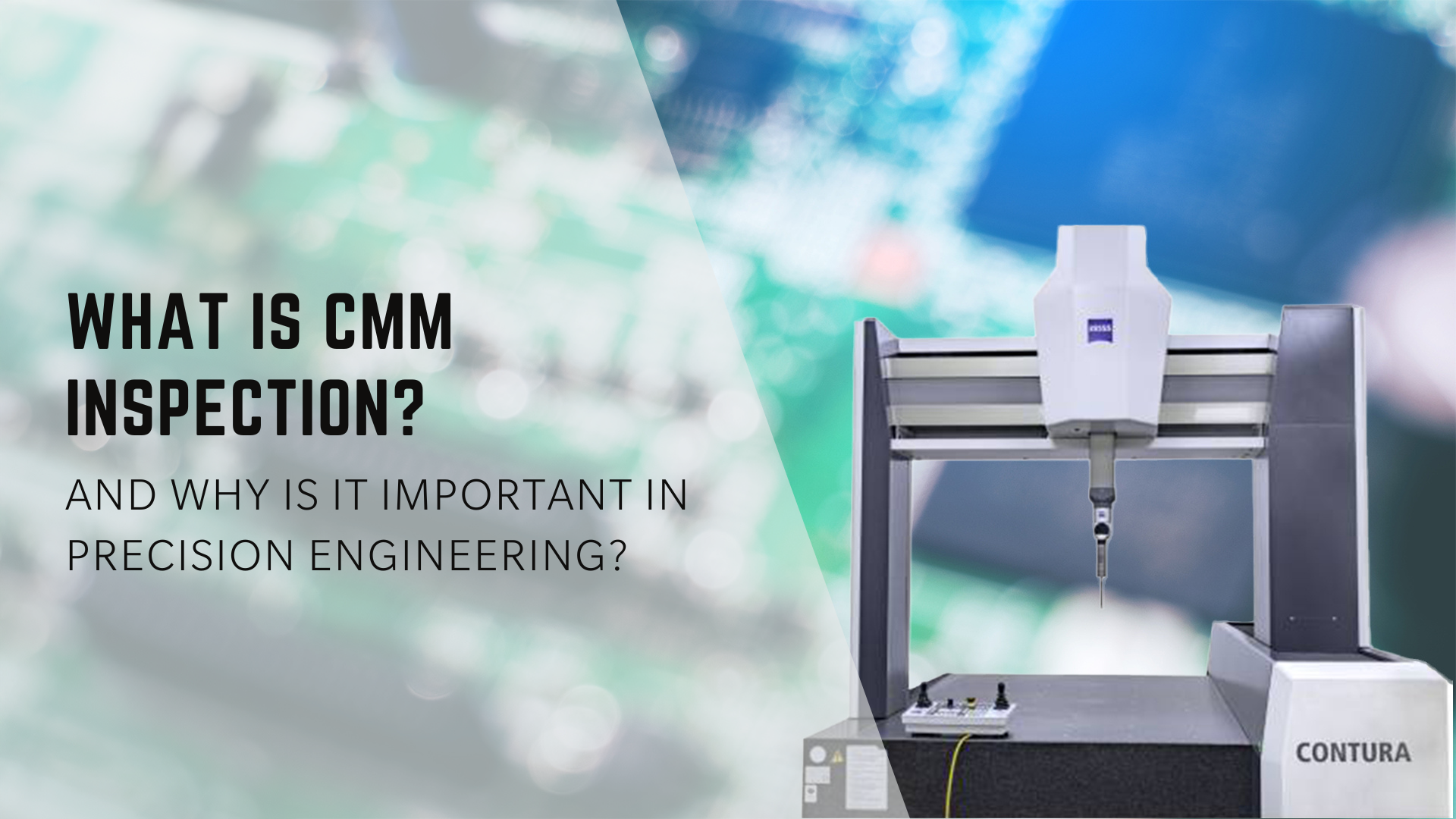
In the manufacturing industry, where quality is determined by accuracy and repeatability, CMM Inspection is a key component. From parts used in the aerospace industry to automotive components, precision-engineered parts rely on intelligent measurement techniques to ensure that every product produced meets the specifications as designed. But what is CMM Inspection? And why is it required in modern manufacturing? Let us delve further.
CMM Inspection, or Coordinate Measuring Machine Inspection, is a process that employs a specialised piece of equipment to measure the physical characteristics of a part against its design definitions. The CMM can verify surface profiles, geometric tolerances and complex three-dimensional features with a high degree of accuracy! By doing this, manufacturers have the ability to ensure that each part matches the design blueprint, which can help to minimise defects or deviations during the production process!
Precision engineering requires a level of accuracy that can be easily deflected by a small error in manufacturing. CMM Inspection is so important because:
Components can be measured with micron-level accuracy.
Unparalleled Accuracy
CMM Machines can provide highly accurate measurements, and the capability of a manual inspection can not be matched.
Time Saving
Automated inspection fast-tracks the quality checking procedure.
Consistency
Every part is inspected to the same precise standard, from the same point
Flexibility
CMM Inspection can be used in multiple industries, from the smallest tool being manufactured, right up to the largest assembly of components.
Compared to traditional measuring tools like callipers and micrometres, CMM Inspection has several other features that include:
This makes CMMs the preferred inspection solution where precision is paramount across industries.
In precision engineering, CMM Inspection is not just a final inspection; it is a commitment to reliability, performance and confidence. By providing accuracy, quality inspection saves time on the production floor and creates assurance that the output meets strict requirements. This helps the industry stay ahead of the game.
Even as manufacturing continues to grow and evolve, CMM Inspection provides the level of accuracy that today’s global industries are relying on.